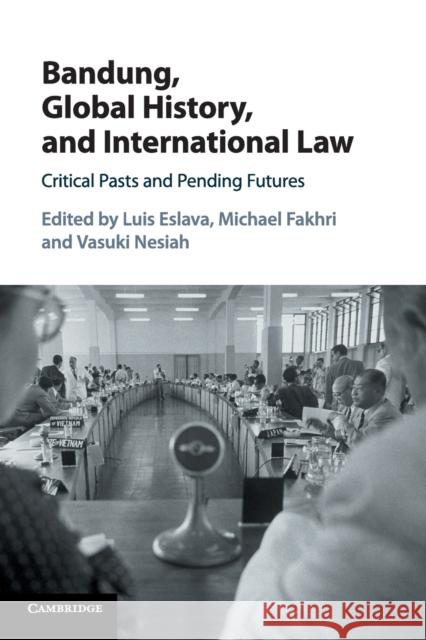Bandung, Global History, and International Law: Critical Pasts and Pending Futures » książka
topmenu
Bandung, Global History, and International Law: Critical Pasts and Pending Futures
ISBN-13: 9781107561045 / Angielski / Miękka / 2018 / 733 str.
Bandung, Global History, and International Law: Critical Pasts and Pending Futures
ISBN-13: 9781107561045 / Angielski / Miękka / 2018 / 733 str.
cena 224,37
(netto: 213,69 VAT: 5%)
Najniższa cena z 30 dni: 186,33
(netto: 213,69 VAT: 5%)
Najniższa cena z 30 dni: 186,33
Termin realizacji zamówienia:
ok. 16-18 dni roboczych.
ok. 16-18 dni roboczych.
Darmowa dostawa!
This study of the 1955 Bandung Conference is central to the history of international law and the post-colonial world order.











